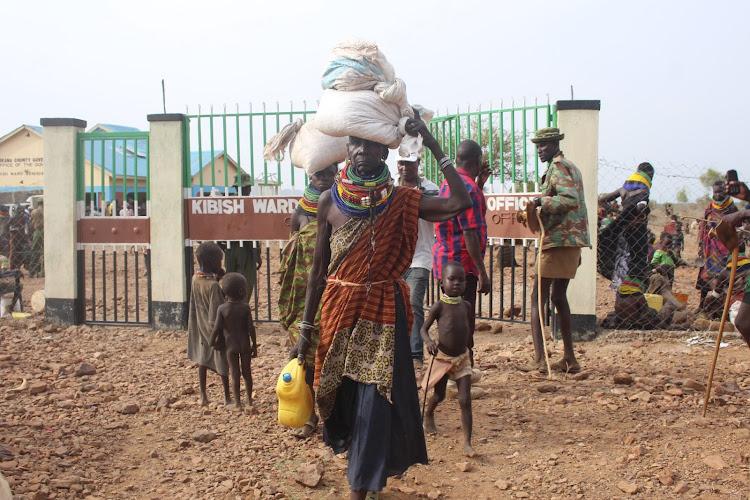Africa-Press – Eritrea. The Organisation for Economic Co-operation and Development reports 300 Billion dollars of annual investments in developing countries.
However, only 20 per cent of the implementing practitioners have the sufficient data required to successfully meet the needs of the communities they work with.
This is according to research done by Rural Senses, an organisation that helps organisations working in developing countries.
Rural Senses CEO Yau Ben-Or said in a press statement that this is because most projects are still built solely on quantitative data.
“Although necessary, quantitative data doesn’t reveal what success looks like for the local communities, existing tools for the collection and analysis of qualitative data are time-consuming, costly and often introduce biases and ambiguous results,” he said.
He said that as a result, important insights are missed, organisational learning is compromised, and projects’ sustainability is limited.
He said this greatly hampers their service delivery to people in these areas, further making their lives difficult.
These findings compelled them to launch Visual Senses, an Artificial Intelligence platform that is community-need centred.
The platform will enable vulnerable communities and consumers to speak up about their stories and needs.
“It allows aid practitioners to listen to vulnerable community members at scale and act on what they most care about,” read the statement.
The AI-powered algorithms, the statement said, translate the stories to actionable and customised insights that help aid workers respond to communities’ needs accurately and effectively.
The platform leverages a unique data collection method deemed User Perceived Value (UPV), developed by Co-Founder, Dr Stephanie Hirmer.
“The purpose of this unique data collection method is to uncover the benefits of initiatives as understood by local community members themselves, whilst seeking to identify their true wants, values and need”
“This really helps when designing a new project, or when seeking to increase adoption. We work with local data collectors ensuring nothing is lost in translation,” said Dr Hirmer.
Ben-Or said that their goal is to make data available, user-friendly and affordable, allowing organisations to design projects in a human-centric way.
“We are looking to create a world where data is easily accessible and represents the true nature of people’s perceptions. Today’s technology offers incredible data capabilities, and we want to leverage it as we make our contribution towards the Sustainable Development Goals,” he added.
For More News And Analysis About Eritrea Follow Africa-Press







